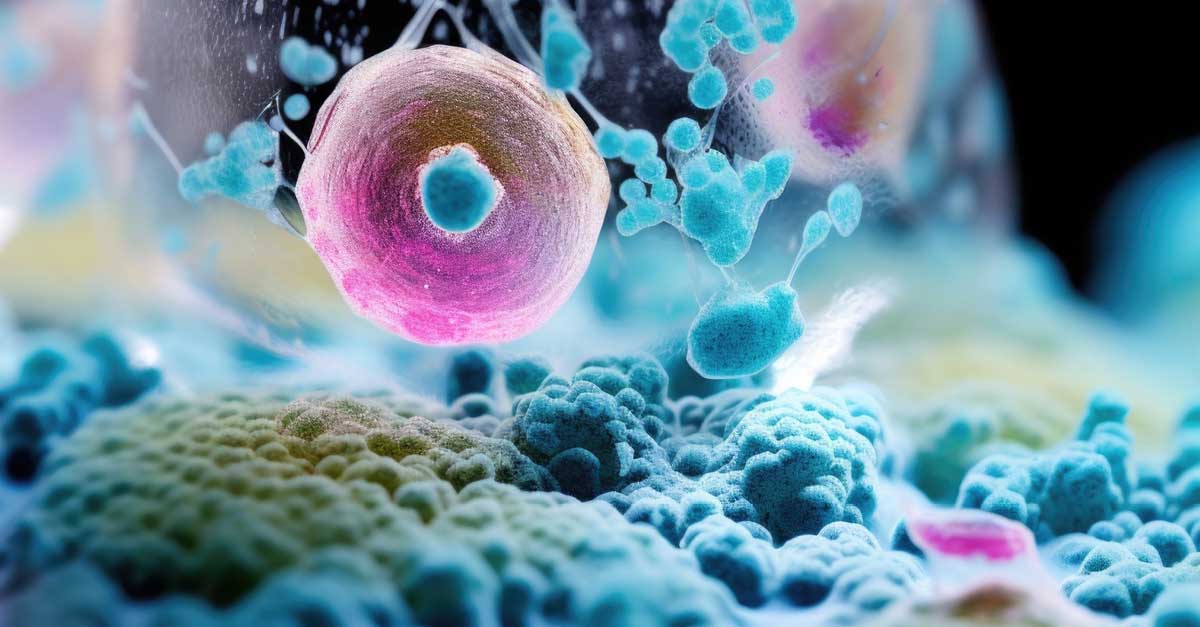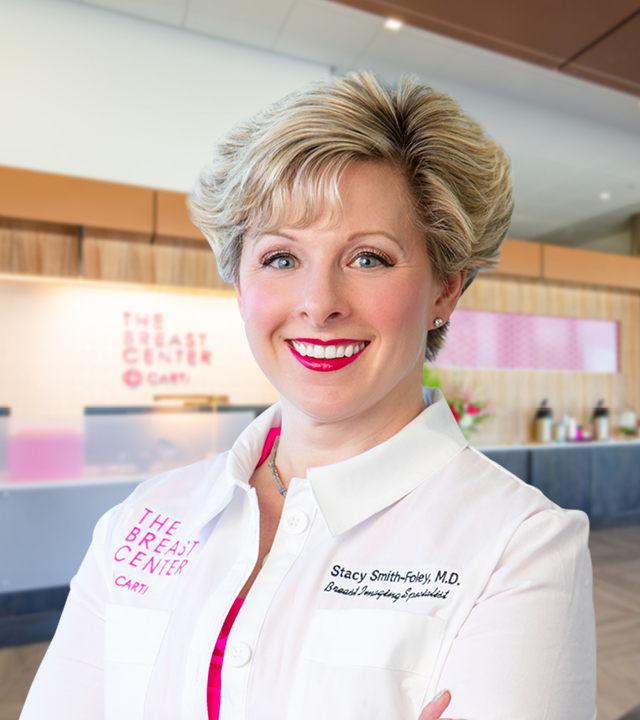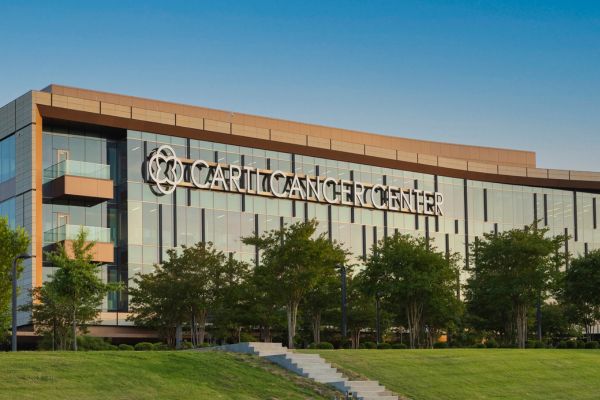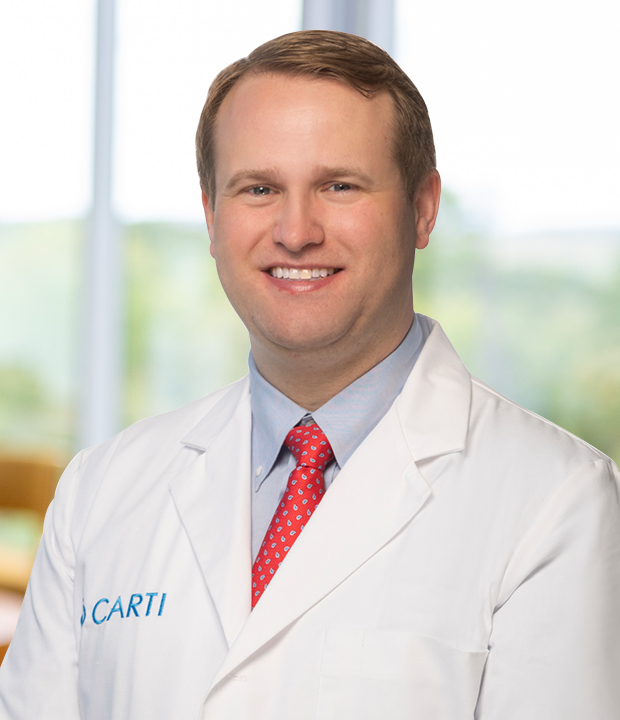What Is A Previvor? How CARTI Cares For Genetically Predisposed Patients

Survivors. That’s what we call people who have been diagnosed with cancer – and they certainly earn that title.
A similar term that fewer people are familiar with is “‘previvor.”’ In honor of National Previvor Day, September 26, we want to explore the previvor title and how CARTI serves these unique patients.
What is Previvor?
A previvor is someone who has an elevated predisposition to being diagnosed with cancer due to a risk running through their family. The term is meant to explain how many of these people feel about having a higher chance of developing cancer, and the struggles they go through to navigate this distinction.
We all have pieces of DNA called genes that help our bodies prevent cancer, and there are many different genes associated with the various forms of cancer. Previvors have a higher chance of developing cancer because of a specific change within their DNA that causes a gene not to work as well at preventing that particular cancer. As an example, BRCA1 and BRCA2 are two of the most commonly known genes. If one of these genes does not work normally, there is a higher chance a person may develop breast, ovarian or other cancers.
How Does CARTI Help?
To identify if they have a genetic predisposition to cancer, individuals undergo genetic testing. That’s where we come in.
Healthcare providers within CARTI’s Cancer Genetics and Risk Management Clinic help individuals order and understand genetic testing. If this test identifies a DNA change associated with an elevated cancer risk, they are deemed a “‘previvor”’ and move into the decision making point of their journey.
Previvor Options For Managing Risks
The knowledge that they could develop cancer leaves previvors with three main options to manage their risk – monitoring, medications and risk-reducing surgeries.
- MONITORING – The first management option previvors have is to create a personalized monitoring plan. While not all previvors will actually be diagnosed with cancer, regular screenings can help detect cancer early onlead to early detection and provide more successful treatment options upon diagnosis. This could mean undergoing annual colonoscopies for people with an increased chance of colon cancer or mammograms for those with a higher chance of breast cancer.
- MEDICATIONS – Some people may have the option to take preventative medications. For example, some medications decrease the chance of breast cancer by lowering the levels of certain hormones in the body.
- RISK-REDUCING SURGERY – Surgery is another option previvors may take to reduce their risk. In 2013, Angelina Jolie made headlines after finding out that she had an inherited risk of breast and ovarian cancer due to a DNA change in the BRCA1 gene. She chose to have a preventative double mastectomy and a bilateral salpingo-oophorectomy to reduce her chance of breast and ovarian cancer.
From the first choice on whether to do genetic testing to choosing how to best manage their cancer risk, previvors have to navigate many challenging decisions along the way. The Cancer Genetics and Risk Management Clinic provides education and counseling to patients who are considering genetic testing or those known to have an elevated risk. With two genetic counselors and a high risk nurse practitioner on our team, we help these unique patients get in front of a possible cancer diagnosis.
To learn more about CARTI’s Cancer Genetics and Risk Management Clinic, click here. To make an appointment, call 501.537.8650.





